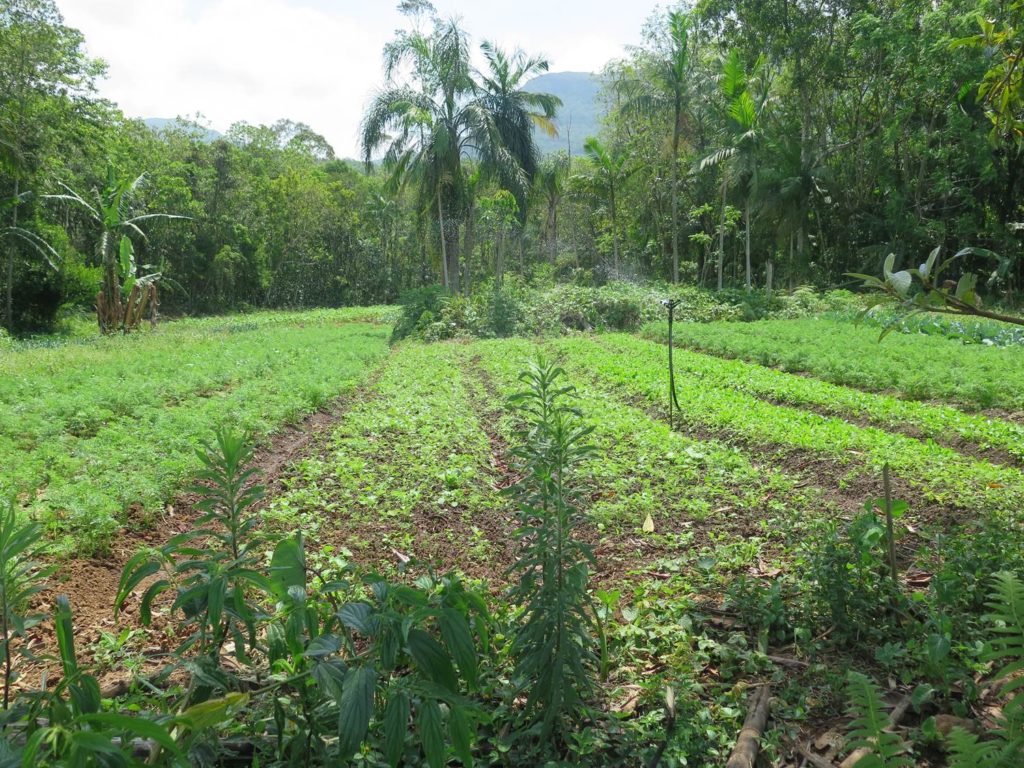Details Published on Friday 23 April 2021 17:59 Written by Radical Socialist
Suzi Weissman interviews Rob Wallace, Meleiza Figueroa and Graham Christensen

Agroecology establishes a sustainable relationship of crops to the environment.
Details Published on Friday 23 April 2021 17:59 Written by Radical Socialist
Suzi Weissman interviews Rob Wallace, Meleiza Figueroa and Graham Christensen
